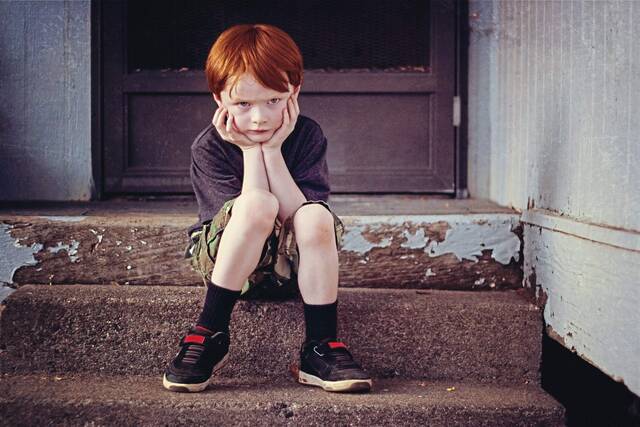Recently, some of my patients have been saying some version of this: “I can’t believe they’re teaching critical race theory to my 8-year-old. She came home crying. She felt bad about herself because her skin is white. I’ve got to protect her.”
These people are trying to promote their children’s well-being. They think they see the issue clearly: They didn’t enslave Black people, they want their children to receive rigorous and uncontroversial education, and their kids shouldn’t be tortured by reminders of a cruel old institution.
I empathize with them. They didn’t learn about slavery when they were young. They were introduced to it in middle school and found the reality shocking. Their parents changed the subject when they raised it at the table. They’ve never been mean to a Black person. Now, their children seem vulnerable. And what’s the purpose? It happened in the past anyway. Why talk about it given that society has changed?
I say this: The school isn’t accusing your daughter of being racist. They are trying to teach her about feelings, sometimes subtle ones. Children do need to learn about feeling discomfort, not just for betraying a friend, but for having things that others less fortunate don’t have. For having ancestors who did things they wouldn’t do. And for living in a country whose rules aren’t fair.
From day one, children take in sounds, ideas and feelings. Before they speak, they begin to form a picture of the world, from what they see and hear and the wider world they hear about. They begin to know what the people in their world are thinking and feeling. Which means they are also curious about how their ancestors thought and lived.
Children need guidance about their feelings — how to cope with frustration when they are denied their favorite toy, or with embarrassment when they are caught taking their brother’s toy, or with anger when their brother takes their toy. And to have compassion when their brother loses his toy. When they are about 4, they form the foundation for adult relationships: how to hold onto multiple feelings at once, even when one contradicts the other.
So, I say to a parent, what if your daughter feels ashamed about her grandfather’s past treatment of Black people? Isn’t this a teaching moment? Because she needs to learn that heaviness in her chest and queasiness in her gut are what our bodies tell us when we feel remorse. She also needs to learn about relativeness — that having a forefather who owned slaves is not the same sin as treating a Black person badly; that there are things she can think, feel, say and ultimately put into action that can ease the weight of guilt.
Most parents look at me as if I’m asking too much. Teaching children about feelings is challenging. Trial and error are required. But it is especially challenging for parents if they are confused about their own feelings. And from my chair, this problem is at the heart of our country’s division.
Many adults haven’t mastered ambivalence, which is the capacity to feel and hold onto opposite feelings simultaneously, such as love and hatred toward the Steelers, or pride and shame about one’s ethnicity. And holding onto the feelings without directing the “uncomfortable half” into a person nearby.
A good example is the mother who wants her daughter happy at school, perfecting her three R’s, proud of her whiteness, free from ghosts of slavery. After all, she hasn’t hurt a Black friend. The regret should belong to others. They have done bad things, not her earnest daughter.
Ideally, ambivalence is nurtured through childhood and consolidated during adolescence. It is taught through classes that emphasize the grayness of most perspectives. It is practiced through activities such as debating and book clubs. More important, it is learned through socialization: To relate healthily, kids must tolerate mixed feelings within themselves and within their friends, sometimes working out interpersonal conflicts. Sadly, these skills have been dulled while exchanges via social media have become the norm.
When adults cannot own opposite poles of feelings, they are inclined to feel righteous about their views, while demonizing their neighbors’. When you throw in inflammatory leaders, the tendency for citizens to bond with like-minded others, the distorted portrayal of opponents by social media, wounds from feeling disregarded by the political class and concern about important issues — such as what’s taught to children — you multiply the intensity of the demonization and sharpen the division.
And this, not covid, is the most dangerous epidemic spreading among us.
Andrew Smolar, M.D., is a psychiatrist, psychoanalyst and clinical associate professor of psychiatry at the Temple University School of Medicine.








